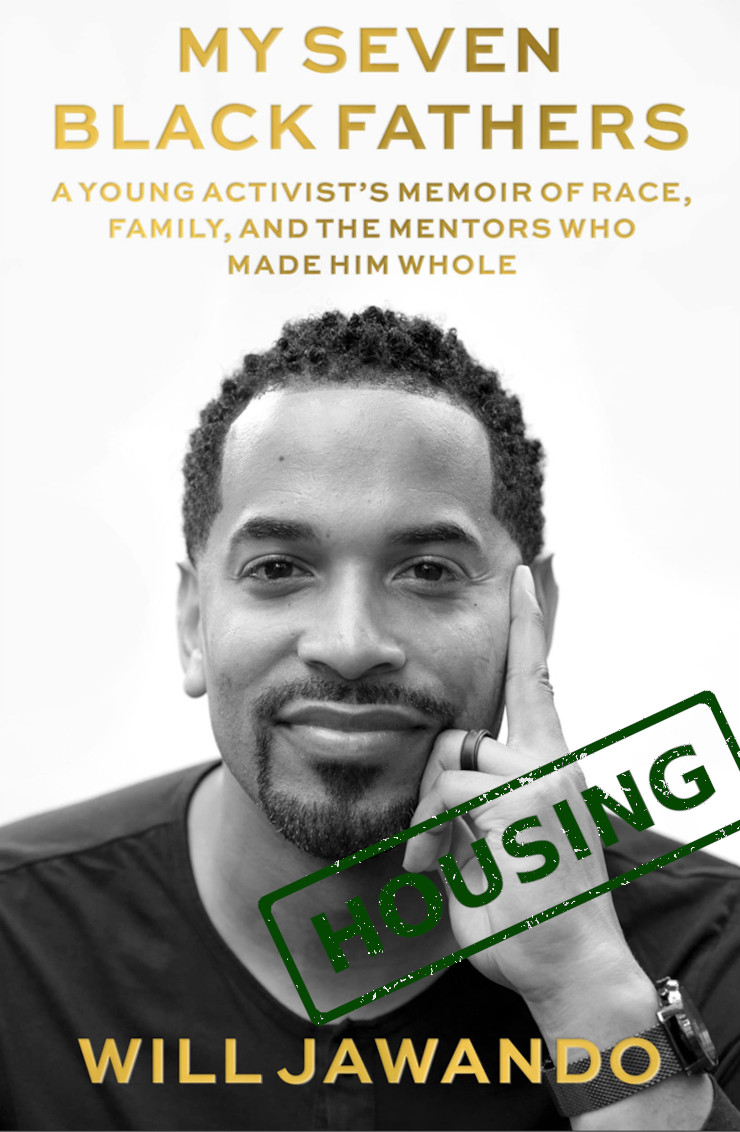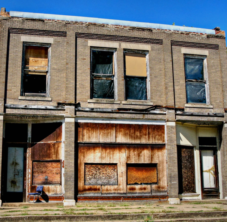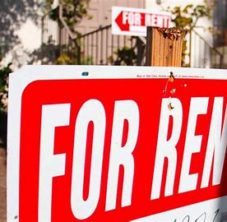In the lead-up to the vote on his 2023 rent control bill, Will Jawando mentioned that as a child he experienced what it’s like to live in sub-standard housing. How did that happen, and what was it like? He describes the deplorable situation in My Seven Black Fathers (p. 20–21):
Dad paid child support when he had it. But Mom couldn’t rely on that so we moved to a smaller apartment in a worse part of Silver Spring. Lined with battered doors secured by three and four locks, the dark hallways smelled of cigarette smoke mixed with bouillon and bay leaves some days, and fried chicken and greens others. In our new vermin-infested home, the heat hissed and sprayed from radiators that peeled paint, or we wore sweaters over our pajamas when the boiler broke down.
No child should be living in such circumstances. No parent should have to look a child in the eye as they live in such circumstances.
Jawando’s father was the primary source of income for the family at that time, and as his fortunes sagged so did those of Will and his mother. It’s a scenario that occurs all too often across MoCo and across America. My reading of Jawando’s public statements is that his experience in a dumpy Silver Spring apartment was so traumatic that he wants to ensure no other child suffers the same experience. Perhaps this is why he supports rent control.
As I’ve written before, rent control indeed provides a safety net for some, results in even less housing security for others, and fosters an entitled class of renters who don’t need the protection. This has been proven time and time again since the end of World War II in rent-controlled New York, Los Angeles, San Francisco, and other jurisdictions. Those housing markets are so distorted that a wealthy landlord can whine about the inability to evict a problematic tenant while at the same time live in a dilapidated rent-controlled apartment overlooking the fog-piercing Golden Gate Bridge!
Given the sequence of events that led to his (fortunately temporary) childhood poverty, why does Jawando lock on to rent control as a remedy for other families in the same situation? Other remedies include fostering stable marriages or domestic partnerships to ensure children have access to critical resources; increasing the supply of affordable housing; and ensuring greater economic opportunities for parents. I don’t get the sense that Jawando promotes those alternatives as much as he does rent control—and at times even opposes them. As a result, the population he seeks to protect is disenfranchised and doomed to continued homelessness or marginal housing.




